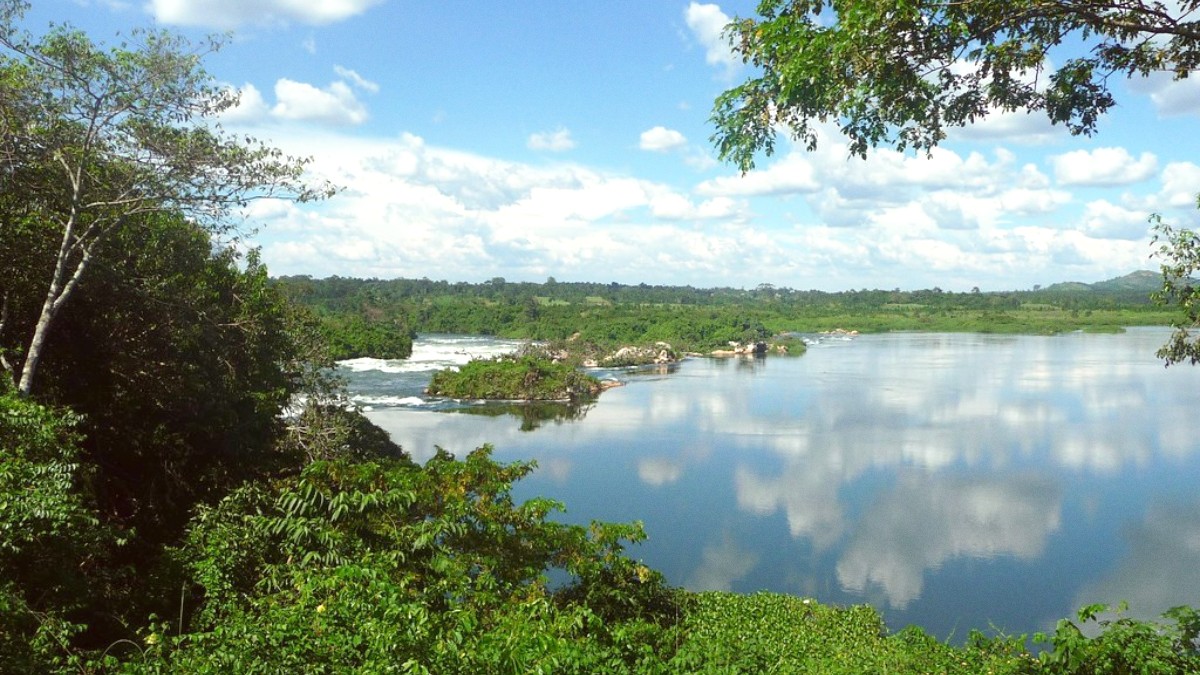
Uganda
Matatus (Shared Taxis/Minibuses) form the backbone of Kampala's public transport. They ply fixed routes and are the cheapest way to get around. Matatus operate by hooting and flashing lights to signal their destinations to potential passengers.
Boda-bodas (Motorcycle Taxis) are extremely prevalent and efficient for navigating Kampala's heavy traffic. They offer a quick way to cover short to medium distances but carry higher safety risks due to erratic driving and the sheer number of motorcycles on the road.
Ask locals for guidance on the correct "stage" (stop) or vehicle for your destination. Prepare for crowded conditions and a lively atmosphere inside the minibus.
Always negotiate the fare before getting on. For safety, use ride-sharing apps like Bolt or Uber Boda, as they track your journey, verify drivers, and provide fixed prices. Always insist on wearing a helmet, which the driver should provide.
Public transport in Kampala is generally not wheelchair accessible. Matatus are cramped, with narrow entrances, and boda-bodas are motorcycles, offering no accessibility for mobility-impaired travelers. Travelers with mobility needs find private transport options suitable.
Requires an International Driving Permit (IDP) and home country's driver's license. 4x4 recommended for outside Kampala. Hiring a car with a driver is an option.
Generally not recommended for tourists due to high accident rate and difficult traffic conditions.
Formal sharing programs are limited. Some guesthouses or tour operators offer rentals for quieter areas.
Drive on the left. Speed limits are 50 km/h in urban areas. Police checkpoints are common.
Explore Kampala on foot or by bike in specific areas for a different perspective.
These individuals collect fares and call out destinations. They are a good source of route information.
Fares are flexible. Always agree on a price before your journey begins. App-based services offer fixed prices.
Kampala's traffic can be very heavy, especially during peak hours. Factor this into your travel times within the city.
Always negotiate the fare before mounting. Use app-based services (Bolt Boda, Uber Boda) for trip tracking and verified drivers. Always insist on a helmet.
Prioritize safety gear.
For traditional taxis, clearly agree on the destination and fare beforehand. Ride-sharing apps offer transparency and driver verification. Share trip details with a trusted contact.
Clear communication, app use for accountability.
Drive on the left. Observe speed limits. Be vigilant for aggressive driving, pedestrians, and livestock. Avoid night driving outside urban centers due to limited lighting.
Defensive driving, awareness of surroundings.
For first-time visitors, using ride-sharing apps (Bolt or Uber) for taxis and app-based boda-bodas is the safest and most convenient option for getting around Kampala.
These services offer transparent pricing and trip tracking, which provide an added layer of security compared to hailing services directly on the street.